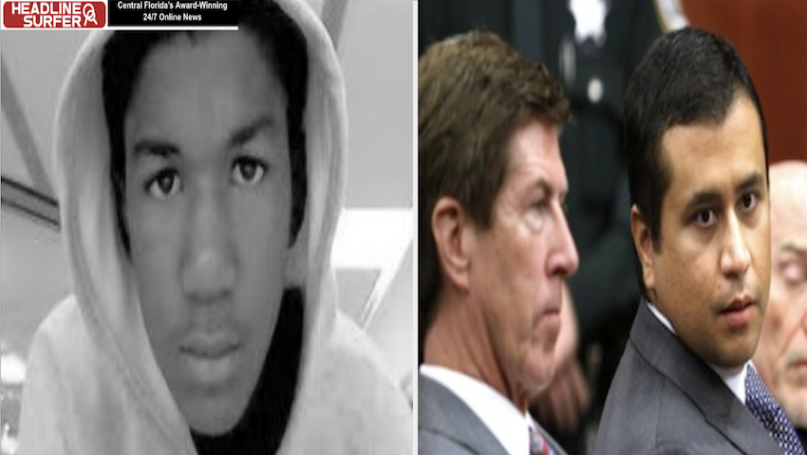
Headline Surfer video produced by Sera King / Mark O'Mara, lead defense counsel for accused murderer George Zimmerman in the gunshot slaying of 17-year-old Trayvon Martin, addresses the media after the latest bail hearing at the Seminole County Courthouse in Sanford, Florida.
By HENRY FREDERICK / Headline Surfer
SANFORD, Fla. -- Had the judge in the George Zimmerman murder trial refused bail -- which he ultimately set at $1 million -- his defense team could have resorted to a legal maneuver that would have ramped up the high-profile case even more for both sides: a demand for a speedy trial.
With the prospect of Zimmerman sitting behind bars for a year or more, lead defense counsel Mark O'Mara could have invoked his client's right to a speedy trial. In that scenario, the state would have had to announce to the court that it was ready for trial within 175 or roughly six months.
Headline Surfer was among the media outlets in an assigned seat at Zimmerman's bail hearing, and among dozens more who descended in a semi-circle around O'Mara after the hearing with the judge holding off on a decision until the day after the Fourth of July holiday when he issued a written order allowing Zimmerman the chance to seek bail of $1 million.
While much of the media focus was on the emotional aspects of the hearing, O'Mara did react to Headline Surfer's questions on the issue of speedy trial provisions -- a legal chess move.
Typically in complicated murder cases, the defense waives its right to a speedy trial, which gives both sides breathing room to prepare their respective cases. But with Zimmerman looking at significant jail time, O'Mara could have gone the speedy trial route.
